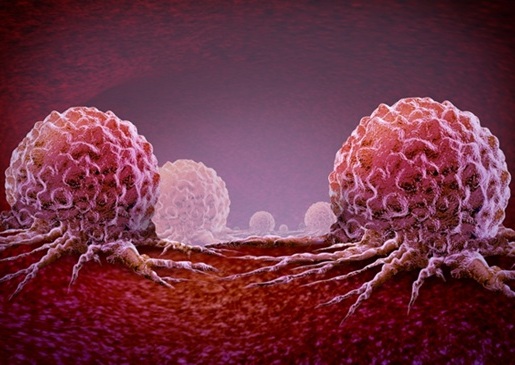Metabolic Markers Predict Breast Cancer in High-Risk Women
Posted on 24 Sep 2025
Breast cancer is the most common cancer and the leading cause of cancer-related death among women worldwide, with incidence continuing to rise. While genetics and lifestyle factors explain part of the risk, they do not fully account for this trend. Detecting new biological markers could improve risk prediction and prevention strategies. Researchers have now identified metabolic features in blood that may predict breast cancer in women already at a higher risk.
Researchers at Columbia University’s Mailman School of Public Health (New York, NY, USA) conducted a metabolome-wide association study using data from the New York site of the Breast Cancer Family Registry (BCFR). The case–control study followed 40 breast cancer cases and 70 age-matched controls over a median of 6.3 years. Participants were women unaffected by breast cancer (BC) at enrollment, many with a family history of breast or ovarian cancer, a group known to face a two- to fourfold higher risk.

The analysis revealed eight metabolic features significantly linked to breast cancer risk, with four associated with reduced risk and four with increased risk. The study, published in Breast Cancer Research, found that adding these markers to existing risk models improved predictive accuracy from 66 percent to 83 percent. Results also provided the first human evidence connecting the chemical compound 1,3-dibutyl-1-nitrosourea—previously shown to cause mammary tumors in animals—with breast cancer risk.
These findings highlight how metabolomics can uncover both environmental exposures and metabolic pathways related to diet and lifestyle. Identifying such biomarkers could refine existing prediction models, allowing for more personalized risk assessments in high-risk women. Future work aims to replicate the results in larger populations and expand targeted metabolomics studies to better understand exposures, including those linked to caffeine and other lifestyle factors.
“Our findings, if replicated in a larger cohort, point to a promising future for targeted, quantitative metabolomics analyses in refining breast cancer risk prediction and identifying previously unrecognized environmental exposures,” said Mary Beth Terry, PhD, senior author of the study.
Related Links:
Columbia University's Mailman School of Public Health














